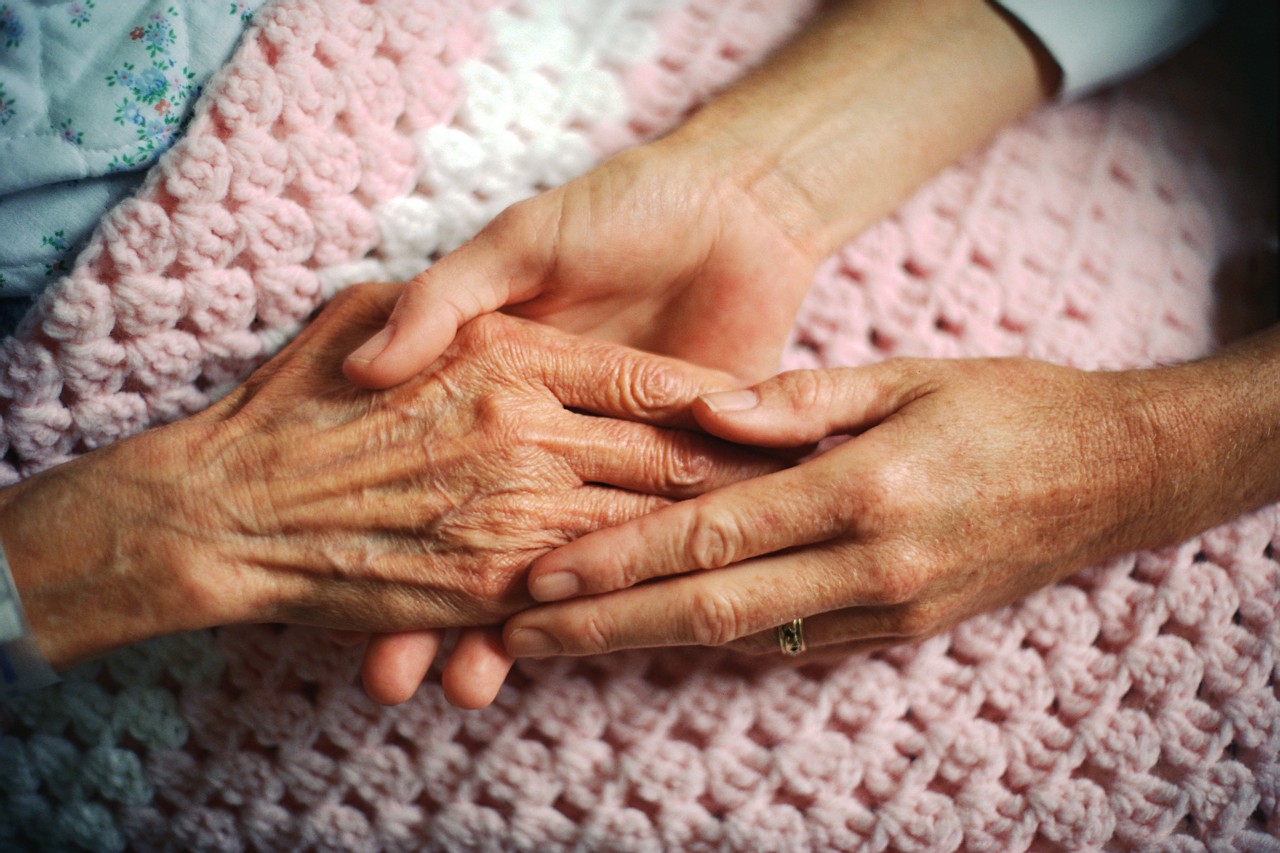
Bad behavior charges against a Texas hospice owner may have been sparked by reimbursement system.
Texas hospice owner Brad Harris has been charged with overdosing patients and his reasons may have been unintentionally created by the reimbursement policies of Medicare and Medicaid, according to a Fox News report in “Texas hospice owner ordered nurses to overdose patients, FBI says.”
Hospices are expected to offer humane end-of-life care for their patients but the system might have encouraged some dark behavior as illustrated by a case in Texas. Harris is alleged to have ordered nurses to intentionally overdose patients in four cases. He is also alleged to have asked that patients be found who would be expected to die within 24 hours.
The motivation for this alleged behavior may have been the way in which hospices are reimbursed by Medicaid and Medicare for patient care. The longer that a patient is in the hospice the less that the hospice gets paid. If the patient stay is too long, the hospice might even have to reimburse the government. Payments are designed this way as a safeguard against hospices taking patients who do not yet need their services. However, that payment system might unintentionally create incentives for bad behavior when hospice patients live longer than expected.
Reference: Fox News (March 31, 2016) “Texas hospice owner ordered nurses to overdose patients, FBI says.”
For more information on elder law and estate planning, please visit my estate planning website.











